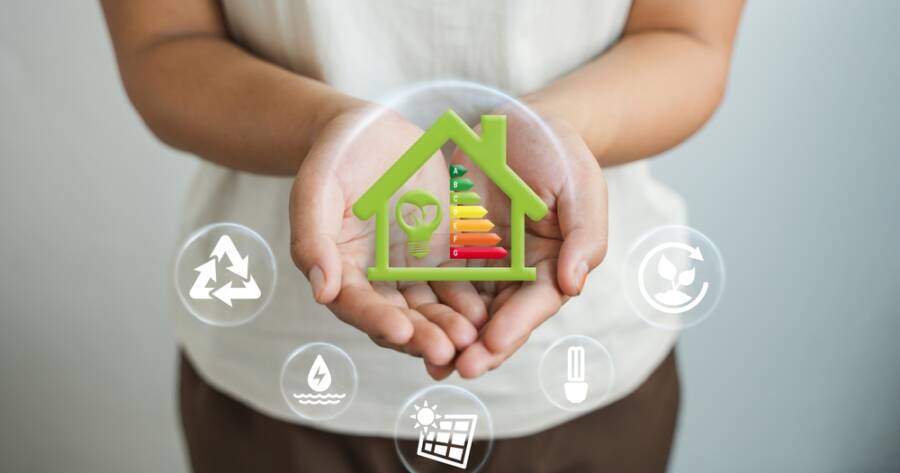Reducing energy consumption is not only beneficial for the environment but can also lead to noticeable savings on your utility bills. By considering various methods to enhance energy efficiency, homeowners can make a significant impact on their monthly expenses. Even small adjustments can contribute to lower costs and a more sustainable lifestyle. Get to know some practical suggestions and insights for improving the energy efficiency of your home.
Understanding Energy Efficiency
Energy efficiency involves using less energy to provide the same service or achieve the same outcome. In a household context, this could mean using appliances that consume less electricity or optimizing structures to require less heating and cooling. Awareness of energy efficiency can lead to informed decisions that have long-term financial and environmental benefits.
Assessing Your Home’s Energy Usage
To improve efficiency, it’s crucial to first understand where most energy consumption occurs. An energy audit can identify which areas of your home are using the most power. While hiring a professional for a comprehensive audit provides detailed results, you could also perform a basic evaluation yourself.
Check seals on windows and doors, inspect insulation, and identify high-consumption appliances. Identifying these can help in prioritizing areas that need improvement.
Appliances and Energy Consumption
Household appliances are a significant source of energy use. Whenever replacing or purchasing new appliances, considering energy-efficient models can be beneficial.
Energy Star-rated appliances, for example, are designed to use less energy without compromising performance. Although they may have a higher upfront cost, the savings on energy bills over time could potentially outweigh the initial investment.
Heating and Cooling Efficiency
Heating and cooling often constitute a large portion of utility bills. Ensuring your home is properly insulated can prevent loss of heated or cooled air.
Sealing gaps in windows or doors and using thermal curtains can retain indoor temperatures effectively. Programmable thermostats might offer additional savings by automatically adjusting temperatures during unoccupied periods, potentially resulting in reduced energy consumption.
Lighting Choices Matter
Lighting has evolved significantly with the introduction of energy-efficient bulbs. Switching from traditional incandescent bulbs to LED or CFL options could save a considerable amount of energy.
While LEDs typically have a higher purchase cost, their longer lifespan and reduced energy use could lead to substantial savings eventually. Simple habits like turning off lights when leaving a room also contribute to lowering energy usage.
Water Usage and Heating
Hot water consumption is another factor in energy bills. Using water-saving showerheads and faucets can reduce water usage without sacrificing performance.
Insulating your water heater and reducing its thermostat setting can help in minimizing energy waste. When replacing water heaters, consider models designed for efficiency, such as tankless water heaters, which only heat water on demand.
The Role of Renewable Energy
Exploring renewable energy sources, such as solar panels, can be an effective way to complement energy efficiency efforts. While the initial cost might be high, various incentives and rebates might be available to alleviate some of this expense. Solar energy not only reduces reliance on grid power but can also potentially lead to a noticeable decrease in utility bills over time.
Simple Behavioral Adjustments
Often, small behavioral changes can contribute significantly to energy efficiency. Strategies such as unplugging devices when not in use, running full loads in dishwashers and washing machines, and adjusting thermostats when leaving home may provide incremental benefits. Cultivating energy-conscious habits can collectively lead to a meaningful reduction in energy consumption.
Learn More Today!
Increasing energy efficiency in the home is a worthwhile endeavor that might lead to reduced utility bills and a more sustainable lifestyle. By implementing informed and practical strategies, homeowners can take proactive steps to minimize their energy footprint.
Although individual results will vary based on specific circumstances, fostering a culture of energy awareness and making thoughtful choices could pave the way for potential long-term savings and environmental benefits.
